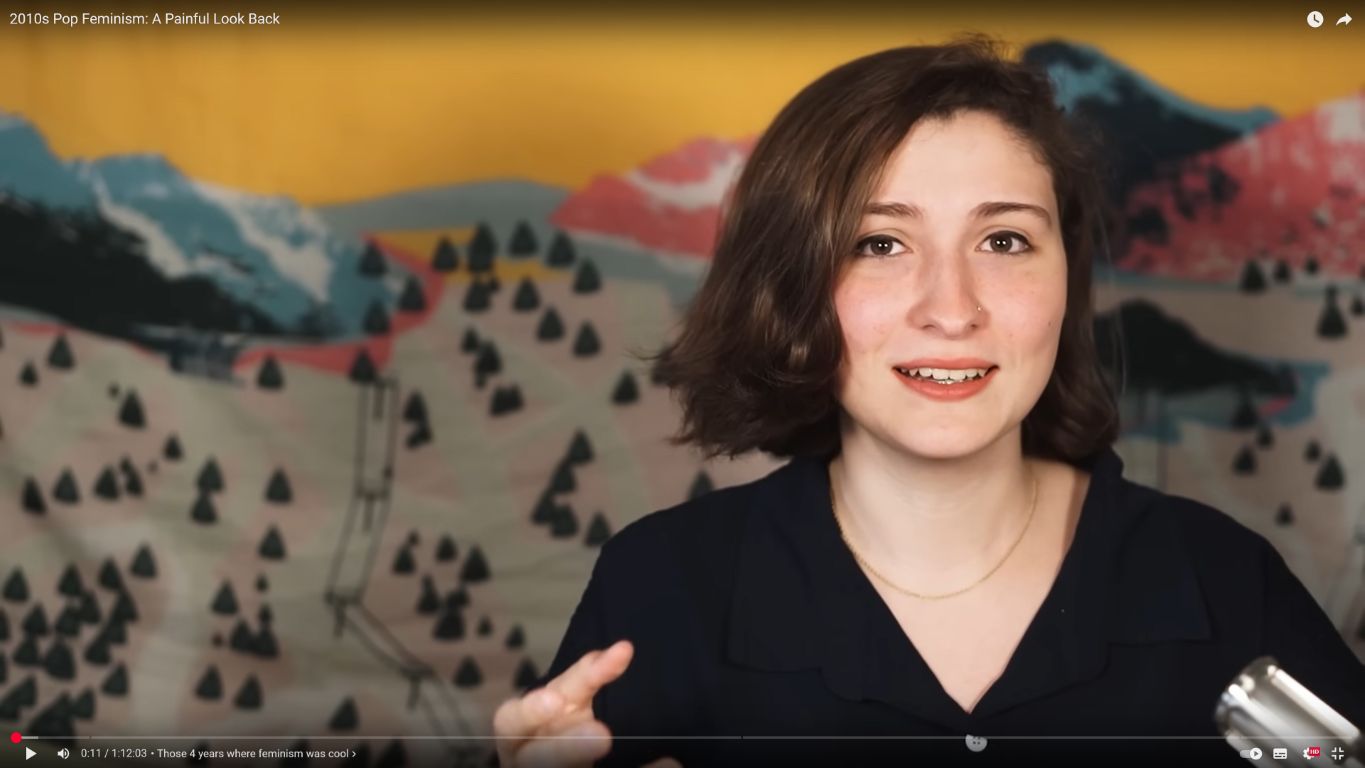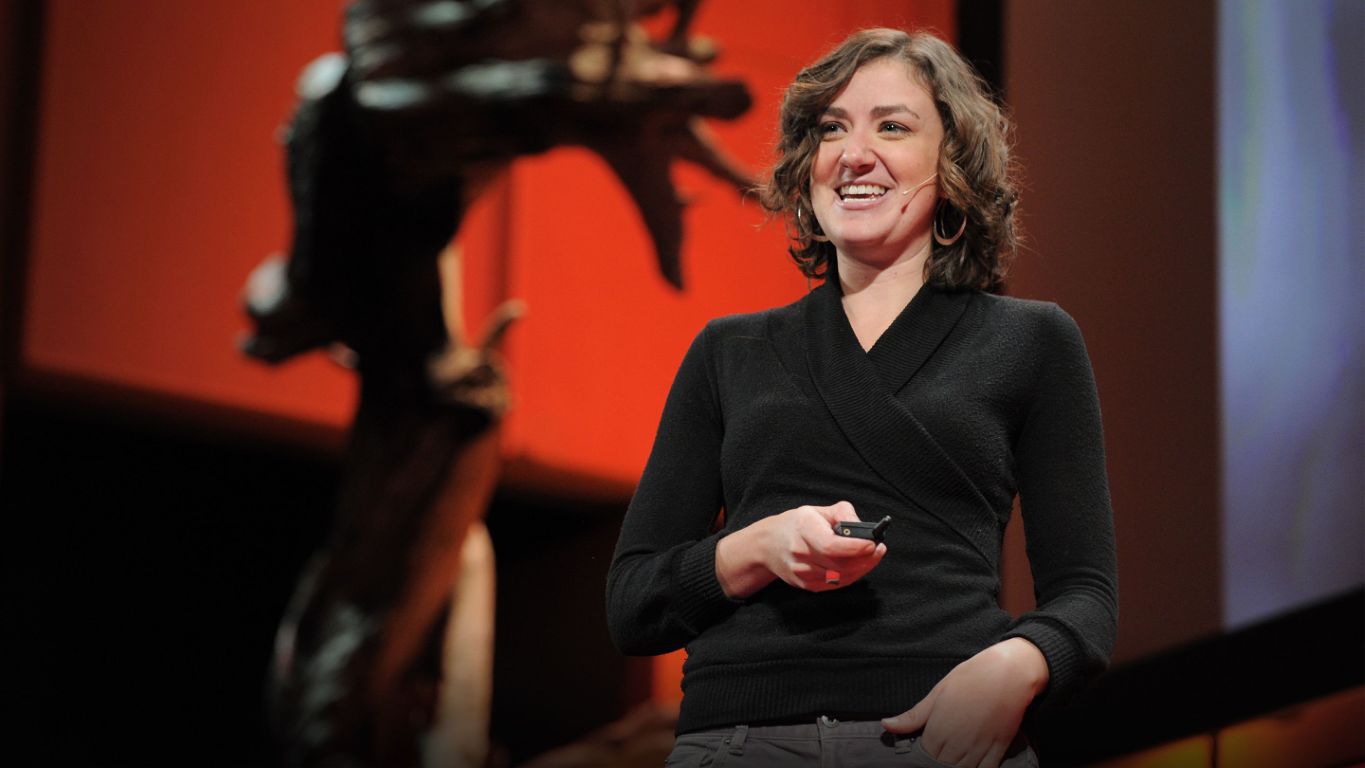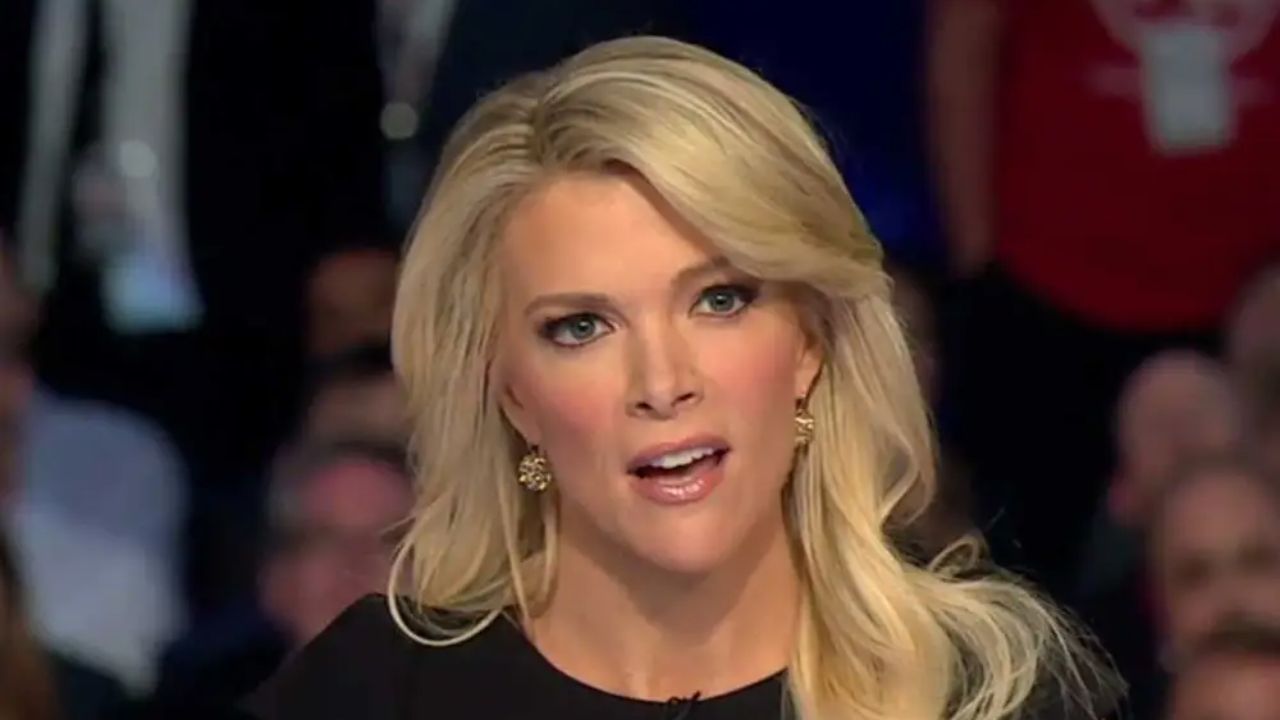Meeting the Enemy: A Cross-Gender Dialogue and Reflection
Video Description
Through the lens of the documentary 'The Red Pill,' this analysis explores filmmaker Cassie Jaye's journey of dialogue with the men's rights movement, and how she moved from bias to understanding, ultimately reflecting on the nature of gender equality movements.
In the documentary “The Red Pill,” filmmaker Cassie Jaye documents her experience meeting with and learning from leaders and followers of the Men’s Rights Movement (MRA). This journey not only transformed her initial perspectives but also sparked profound reflection on the nature of gender equality movements as a whole.
Transformation of Perspective: From Hostility to Understanding
Initial Bias
Jaye began her filming process with inherent prejudices against the men’s rights movement, viewing it as a “misogynistic hate group” and presuming their arguments would not withstand scrutiny.
Her preconceptions reflected broader cultural narratives that position men’s rights advocacy as inherently oppositional to women’s rights, creating an adversarial framework that prevented genuine engagement with the issues being raised.
Unexpected Discoveries
However, through deep engagement and understanding, she discovered that her “knee-jerk” reactions were misguided. Men’s rights activists were not attempting to defund women’s shelters but rather hoping to include attention to men’s issues in discussions of gender equality.
This revelation challenged fundamental assumptions about the zero-sum nature of gender advocacy, suggesting that addressing men’s issues need not come at the expense of women’s progress.
Core Issues
The movement’s central claims focus on revealing male struggles that have been ignored or suppressed by society, including:
Family Court System: Men are more likely to lose custody of their children in custody disputes, often facing significant barriers to maintaining meaningful relationships with their offspring.
Social Problems: Men experience disproportionately high rates of suicide, homelessness, workplace deaths, and war casualties, yet these issues receive limited attention in gender equality discussions.
Domestic Violence: Male victims of domestic violence lack access to shelter resources equivalent to those available to women, despite representing a significant portion of abuse victims.
Educational Crisis: Boys are falling behind in educational achievement at all levels, from elementary school through university, yet this crisis receives minimal policy attention.
Mental Health: Societal expectations around masculinity create barriers to men seeking mental health support, contributing to higher rates of untreated depression and anxiety.
Controversy and Reflection: Departing from Feminism
Post-Release Controversy
After the documentary’s 2016 release, Jaye faced intense criticism and character attacks from feminist groups, ultimately leading to her departure from the feminist movement.
The response to her work highlighted the difficulty of questioning established narratives within social movements, even when the questioning comes from a place of genuine inquiry and commitment to equality principles.
Supporting Rights While Rejecting Labels
Although she continues to support women’s rights, Jaye concluded that the feminist movement was suppressing men’s voices, which contradicted her pursuit of true equality. She no longer identifies as a “feminist” and advocates for listening to all voices, even those with whom one might disagree.
This position reflects a broader tension within contemporary gender politics about whether movements focused on specific groups can adequately address intersecting and sometimes competing needs.
The Question of Ideological Purity
Jaye’s experience raises important questions about ideological consistency within social movements:
- Can movements maintain their effectiveness while remaining open to criticism?
- How do movements balance advocacy for their core constituency with broader equality principles?
- What role should dissenting voices play within established social justice frameworks?
Implications for Gender Equality Discourse
The Challenge of Inclusive Dialogue
Jaye’s journey illustrates the difficulty of maintaining inclusive dialogue within polarized gender discussions. Her experience suggests that meaningful progress may require creating space for uncomfortable conversations and competing perspectives.
The documentary’s reception demonstrated how quickly discussions about gender can become tribalized, with participants forced into oppositional camps rather than collaborative problem-solving relationships.
Reframing Gender Equality
“The Red Pill” proposes reframing gender equality from a zero-sum competition to a collaborative effort addressing the unique challenges faced by all genders. This approach requires:
- Acknowledging complexity: Recognizing that gender-related problems exist across the spectrum
- Avoiding hierarchy: Resisting the impulse to rank different groups’ suffering
- Seeking solutions: Focusing on practical remedies rather than theoretical debates
- Building coalitions: Finding common ground across different advocacy groups
The Role of Evidence and Emotion
Jaye’s transformation highlights the tension between emotional commitment to social causes and empirical examination of evidence. Her experience suggests that effective advocacy requires balancing passionate commitment with intellectual honesty and openness to new information.
Contemporary Relevance
The issues raised in “The Red Pill” remain highly relevant as society grapples with evolving gender roles and expectations. The documentary’s insights apply to ongoing debates about:
- Workplace equality and safety
- Educational policy and achievement gaps
- Mental health resources and accessibility
- Family policy and parental rights
- Criminal justice and sentencing disparities
Conclusion
“Meeting the Enemy” serves not only as a documentary about the men’s rights movement but as a profound practice in listening, understanding, and reflection. It reminds us that genuine gender equality requires inclusion of all genders’ struggles and must be built through open dialogue rather than suppression.
Jaye’s journey demonstrates the personal costs of challenging established orthodoxies within social movements while highlighting the potential benefits of maintaining intellectual curiosity and empathy across ideological divides. Her work suggests that progress toward true equality may require the courage to question our assumptions and engage with perspectives that initially seem threatening or wrong.
The documentary ultimately argues for a more nuanced approach to gender equality—one that recognizes the complexity of human experience and the possibility that multiple truths can coexist within the same conversation about justice and fairness.
Video Info
Comments & Discussion
Discuss this video with other viewers
Join the Discussion
Discuss this video with other viewers
Loading comments...


